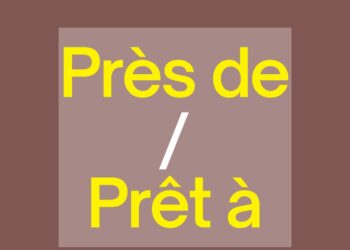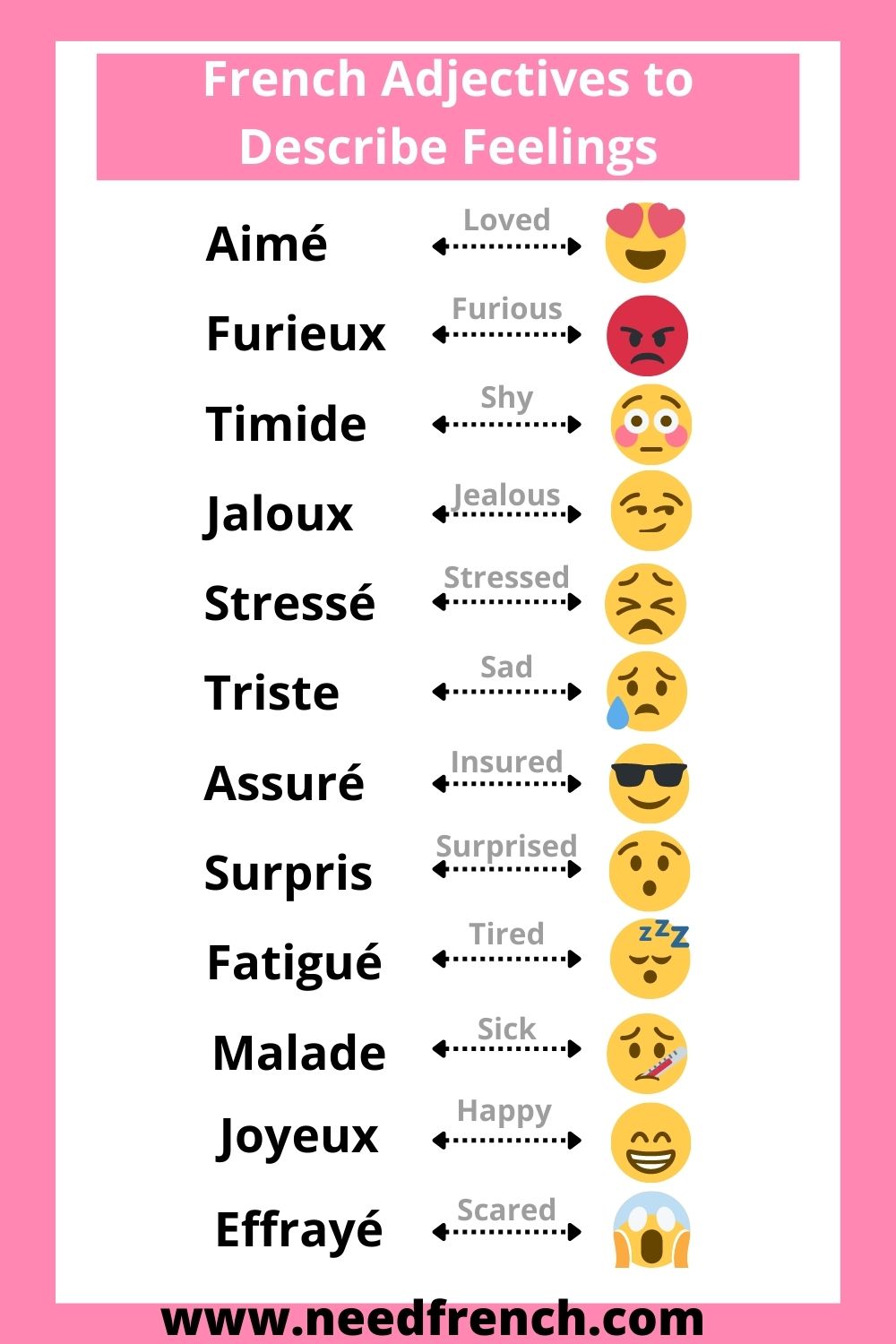One of the trickiest parts of learning French is distinguishing between homophones – words that sound identical but have different meanings and spellings. This is certainly the case for the nouns “ancre” and “encre“, which are frequently confused by French learners due to their identical pronunciation. In this article, we will clarify the distinction between these two words.
Table of Contents
ToggleAncre
“Ancre” refers to an anchor, or the heavy object attached to a boat or ship by a rope or chain to keep it in place. For example, “Le bateau a jeté l’ancre dans la baie.” (The boat anchored in the bay). Related terms are “ancrage” (anchorage) and “mouiller l’ancre” (to drop anchor).
Encre
Meanwhile, “encre” means ink, the liquid used for writing, printing, drawing and in pens. Some examples are “Mon stylo à encre s’est renversé sur mes papiers.” (My fountain pen spilled ink on my papers) and “J’ai acheté une nouvelle cartouche d’encre pour ma vieille plume.” (I bought a new ink cartridge for my old pen).
Although the two words sound identical when spoken, their different spellings provide a visual clue to help distinguish between the nautical device and the writing liquid. With time and exposure, French speakers can learn to identify the intended word based on context. Gaining mastery over these subtle homophonic differences is key to fluency.
To expand your French vocabulary and avoid common pitfalls, don’t miss this essential read. The Differences Between “Amande” and “Amende”














